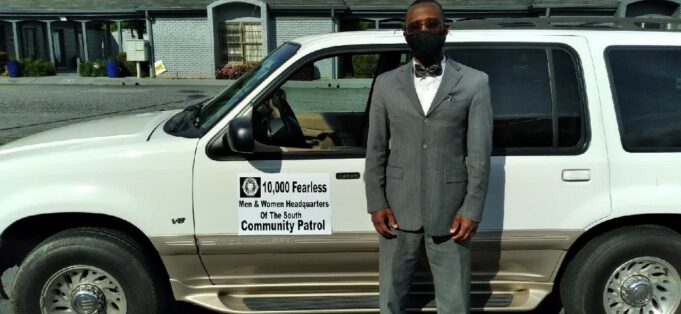WASHINGTON—Enacted by the Biden administration, the 60-day extension of a program stopping evictions puts a band-aid on a gaping wound of poverty and want in America. According to Covid Hardship Watch, 20 million adults live in households that did not get enough to eat, 11.4 million adult renters are behind, and some of the progress from covid relief funds allocated in late March appears to be waning.
“The government has to first and foremost spend the money that has been sent down from the Biden administration to the states and the municipalities in the Covid Relief Act (over $46 billion to pay rents),” Houston city planner Abdul Haleem Muhammad, Ph.D., told The Final Call.
“But most importantly, we must organize the people, organize community groups and community development corporations to build affordable housing that I like to call housing at all price points. There are Black people and Brown people, working class people and veterans disproportionately suffering from homelessness, and this is something that must be addressed,” said Dr. Haleem Muhammad, who is also student Southwest Regional Minister for the Nation of Islam.
He added, “The Covid-19 pandemic has reset the economics within the country and within the cities and many who were making minimum wage or were working in service industry jobs have not returned to the jobs.” They won’t return “unless, and until, there is a living wage being paid,” he predicted.

A federal housing eviction moratorium expired on July 31, with little hope at the time of being renewed. Congress was on a six-week summer recess. Renters were frantic with fears of eviction. Freshman congresswoman Cori Bush of St. Louis quickly responded. She has an intimate relationship with eviction. She’s been evicted three times.
“The unhoused crisis in our country is a public health emergency, and a moral and policy failure at every level of our government,” she told the media. “As someone who has lived in her car with my two infants while I was working a full-time job, I know the daily trauma and stress that comes with the perpetual instability of not having a safe place to live.”
She gathered supporters and staged a protest on the steps of the Capitol. They slept there until the eviction moratorium was extended by President Biden Aug. 3. Again using Centers for Disease Control concerns about putting people in the street in the middle of a pandemic, the new housing order is tied to areas showing high levels of Covid-19 infection and spread. It is effective until Oct. 3. It also faces legal challenges as the Supreme Court said the initial moratorium was unconstitutional. And, despite the first moratorium, some localities had continued to evict people.
Rep. Bush expressed gratitude for colleagues who supported the Biden administration’s extension and for “recognizing and working to end this eviction emergency.”
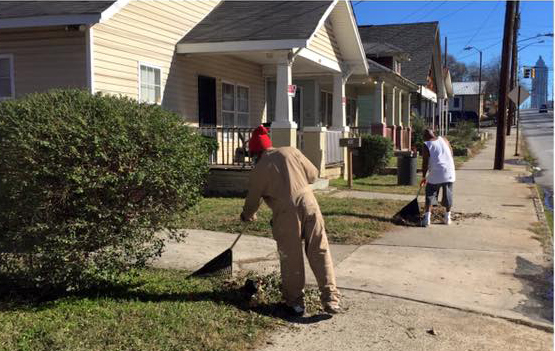
The Biden administration had already allocated billions in rental relief. Shockingly just $3 billion had been given to renters as the first moratorium ended. There are 50 different programs, one in each state. Renters must navigate a maze of rules and regulations to access funds. Barriers to the funds have included first knowing the program even exists, many require online application, renters must provide specific documents, and landlords must cooperate and agree to be part of the process.
For some renters relationships with landlords may be so strained that landlords just want the renter to go.
The Eviction Lab, a project between Princeton University and the Census Bureau, tracks eviction filings across the country. “The Covid-19 pandemic has deepened America’s housing crisis. The nation’s most severe public health emergency in a century may cause large spikes in eviction and homelessness,” it reported
As of July 31, there were 5,898 eviction filings in that week alone.
The moratorium extension has given hope to tenants behind on rents in counties with “substantial or high” Covid-19 community transmission levels.
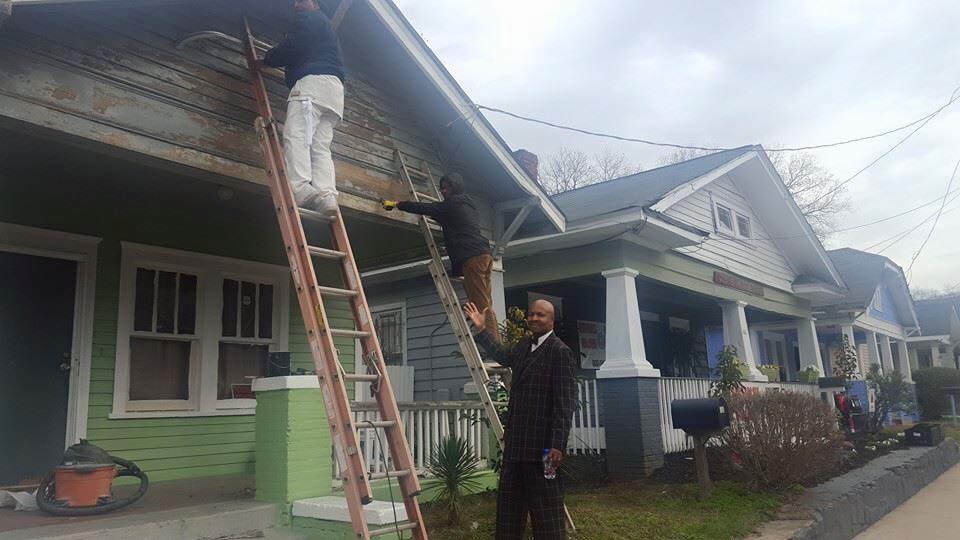
“I was watching the news every day, hoping and praying for a miracle,” Thomasine Johnson, who lives in Baltimore told The Final Call. “This extension gives me a chance to apply to funding to help pay my back rent.”
“I lost my job due to covid. I’ve been looking. My husband’s job reduced his hours. We are struggling. This extension is a real mercy for families in need,” she said.
The moratorium extension is expected to help 90 percent of the U.S. population in areas showing widespread coronavirus transmissions. The rest of the country is vulnerable to eviction.
The Tennessee Supreme Court instructed judges that the CDC moratorium is not effective in Tennessee due to a recent ruling by the U.S. 6th Circuit Court of Appeals.
The 6th Circuit Court—which has jurisdiction over Tennessee, Kentucky, Ohio and Michigan—ruled July 23 that the CDC lacked authority to impose the eviction moratorium in Tiger Lily, LLC v. United States Department of Housing and Urban Development.

The moratorium has also angered many landlords who still have mortgages and other bills to pay. The Alabama and Georgia associations of realtors filed an emergency motion Aug. 4 in the U.S. District Court for the District of Columbia, asking for enforcement of the U.S. Supreme Court’s ruling that the CDC could not extend the moratorium without new congressional legislation.
The National Association of Realtors helped state associations file a lawsuit in the fall of 2020 challenging the CDC’s authority to impose a blanket ban on evictions. A judge ruled for housing providers but put her ruling on hold pending an ongoing appeal that kept the moratorium in place.
“About half of all housing providers are mom-and-pop operators, and without rental income, they cannot pay their own bills or maintain their properties,” explained National Association of Realtors president Charlie Oppler, a broker-owner from New Jersey.
“NAR has always advocated the best solution for all parties was rental assistance paid directly to housing providers to cover the rent and utilities of any vulnerable tenants during the pandemic. No housing provider wants to evict a tenant and considers it only as a last resort,” he said.
Housing activists led by Cancel the Rents protested Aug. 6 at the headquarters of the Alabama National Association of Realtors and defended the federal halt to evictions.
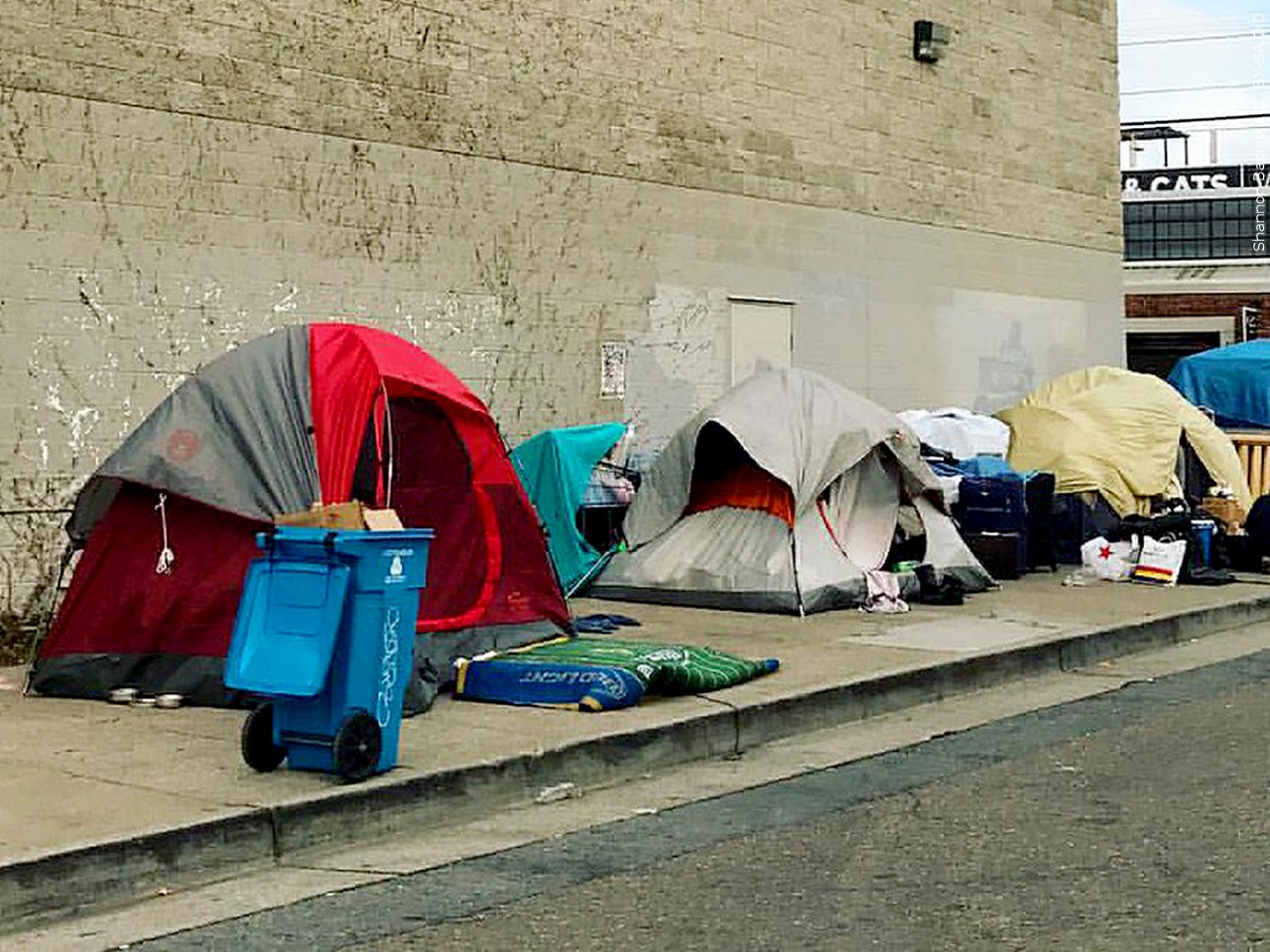
Cancel the Rents organizer Estevan Hernandez said, “The Biden administration established a new moratorium under pressure from the millions of people who supported Cori Bush’s sit-in protest at the Capitol. The new moratorium is a victory but needs to be expanded to include the cancellation of rents and mortgages—including accumulated debt. The right to survive is more important than the protection of ‘private property.’ ”
“Real estate developers and large landlords are poised to reap profits through mass evictions, and millions risk being tossed in the street permanently. The two-month extension buys us some time. We will not sit by and allow this. We will mobilize others to fight back,” he vowed.
He added, “All the housing and tenants’ rights organizations are working nationwide to build a movement to win housing justice!”
Cancel the Rents is a nationwide movement that began in 2020 at the start of the pandemic and called for the U.S. government to halt rental and mortgage payments, and stop all evictions and foreclosures.
The need for solution
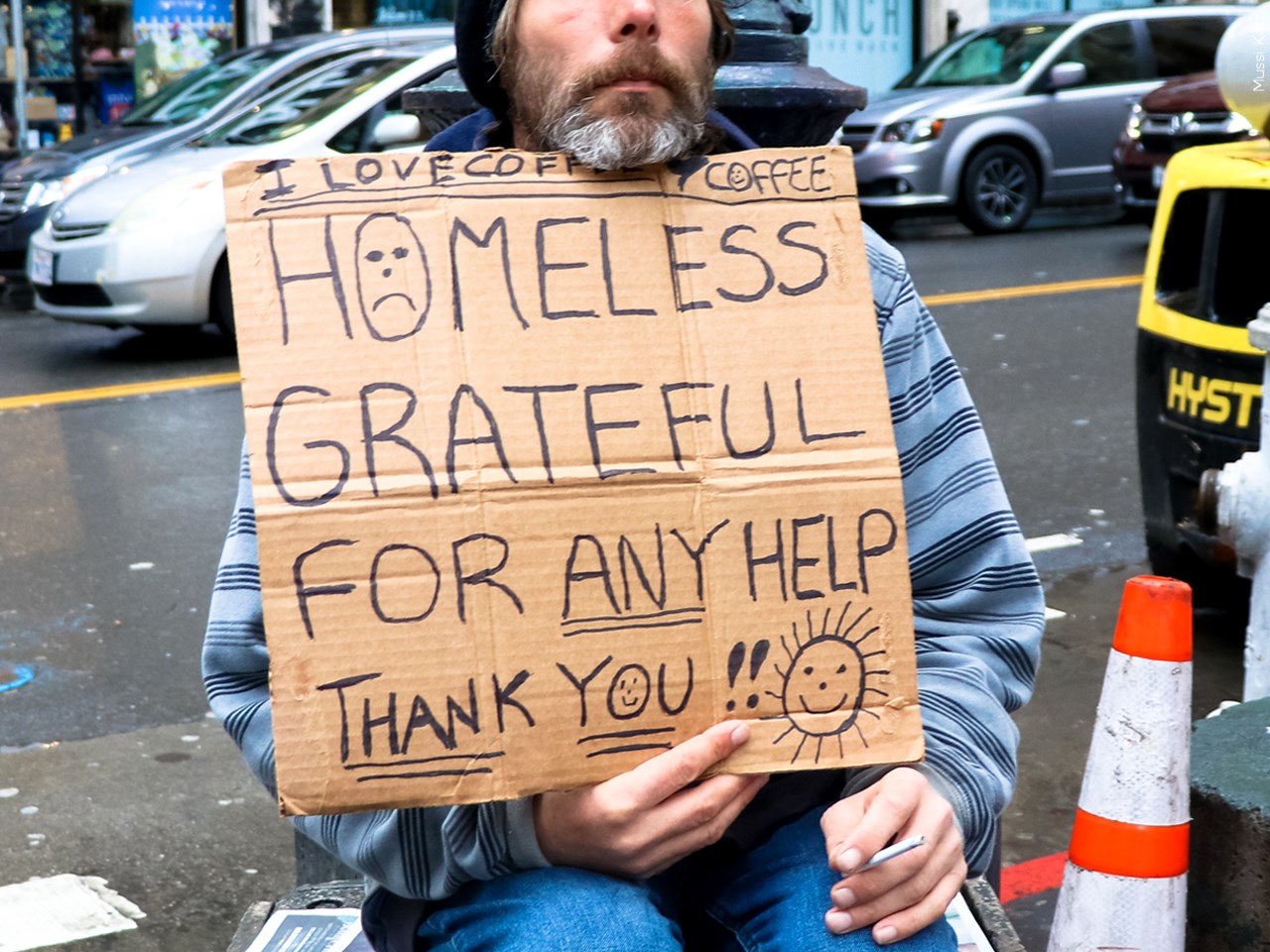
Rep. Bush has introduced the Unhoused Bill of Rights, a federal resolution calling on Congress to permanently end the unhoused crisis by 2025. The resolution calls on the federal government to declare the crisis a life-threatening public health emergency, and provides a comprehensive list of more than 30 recommendations to guarantee housing, health care and livable wages for unhoused people.
“It is past time for the federal government to establish an Unhoused Bill of Rights and make the desperately needed investments to guarantee housing, health care, and a robust social safety net for our unhoused neighbors. We can end this crisis by 2025 if we, as lawmakers and as a country, finally dedicate ourselves to prioritizing those in our communities who have the least,” said Rep. Bush.
In Atlanta, Nation of Islam Southern Regional Student Minister Abdul Sharieff Muhammad uses the teachings of the Honorable Elijah Muhammad to serve the growing problem of people in want and poverty.
He told The Final Call, “Under the umbrella of our program 10,000 Fearless (established by the Honorable Minister Farrakhan in 2015) and People United for Change we feed people every day. The demand has become so great that we opened another location of the 10,000 Fearless on the other side of town and we feed them Thursday and Friday. We have a directory of resources to help people with a variety of problems.”
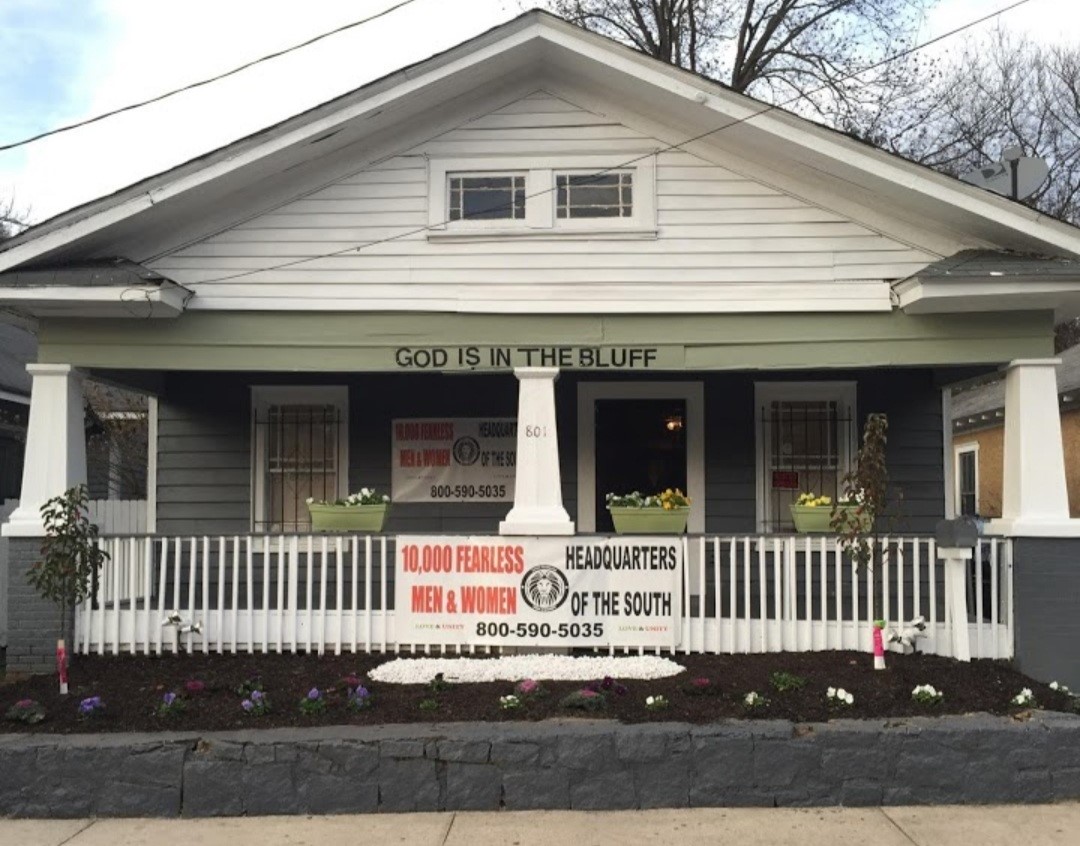
“We can direct them for help to get their light bills paid. We can help if they need places to stay. Especially now with the homeless, they always need a place to stay. We have the resources to also direct them for medical care. One of my pet peeves is (lack of support of) veterans. A lot of veterans are on the streets and that’s real.
“We have a brother who works with them directly. He will pull them out of the line and literally take them if they will go, to the veterans’ office. He will walk them through the application process for whatever they need to avoid the humiliation many encounter asking for help. We also have young people asking for help. ‘I just got evicted.’ The plea for help is so touching but with limited resources we do the best we can.”
Dr. Haleem Muhammad believes the Nation of Islam has the answer to America’s problem with want and poverty.
“The American people must be introduced to the teachings of the Most Honorable Elijah Muhammad on a universal plane. The American people themselves have to be taught to do for self in order to address the income inequality, and the lack of opportunity for upward mobility in the society,” he said.
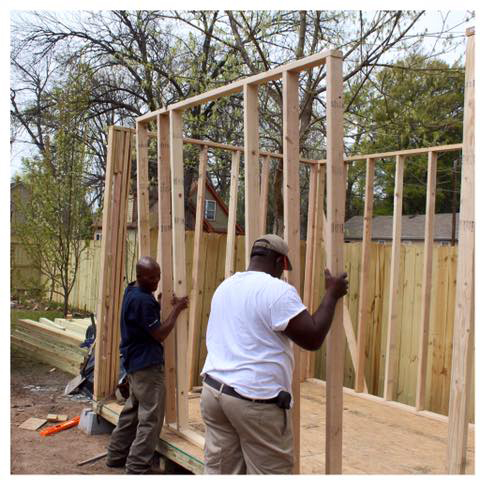
“Some people have to be retrained in terms of trades, in terms of career opportunities in advanced technologies and in the green collar jobs. The American worker has not been prepared for the 21st Century economy,” said Min. Haleem Muhammad, who holds a doctorate degree in urban planning.
“That also means there has to be adjustments made to the educational system. Everybody can’t have a liberal arts education. Some are going to have to go to trade schools. There must be a concerted effort to teach people financial literacy and what that means in the 21st century. We have to begin to reorganize our neighborhoods to teach self-sufficiency,” he stressed.












